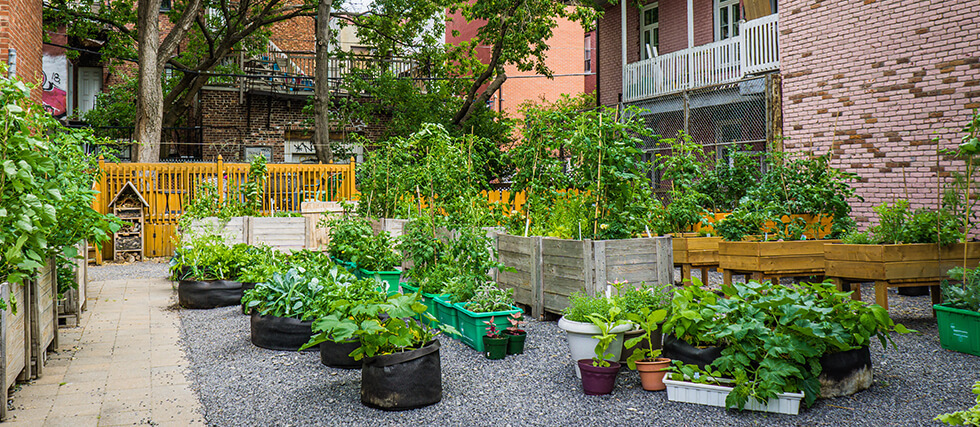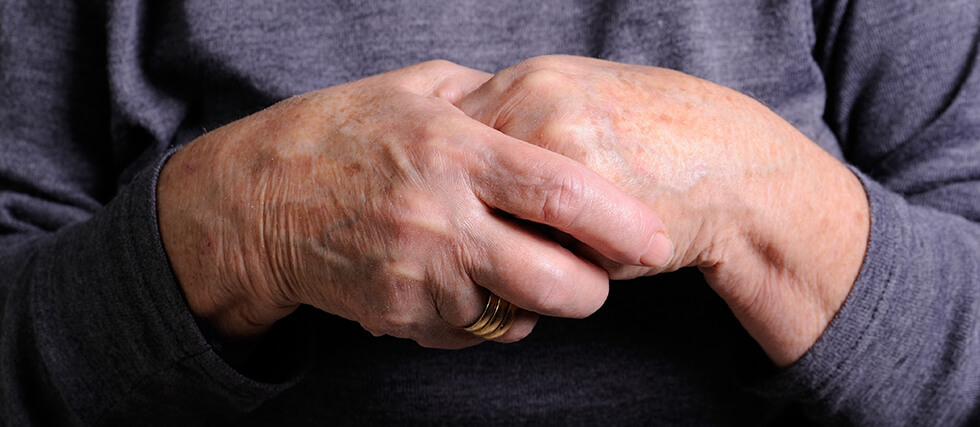Montreal’s Urban Agriculture Revolution: The Future of City Farming
Montreal is leading an urban agriculture revolution, transforming rooftops, warehouses, and city spaces into high-tech farms that defy the region’s harsh winters. Lufa Farms, a pioneer in large-scale hydroponics, operates the world’s largest rooftop greenhouse, growing pesticide-free tomatoes, lettuce, and peppers year-round. Their electric fleet now delivers 30,000 produce baskets per week, reshaping how the city eats.
But Lufa is just one piece of Montreal’s growing urban farming movement. Opercule, an innovative aquaculture company, supplies top restaurants with antibiotic-free, locally raised arctic char. Rosemont Distillery crafts its gins using Montreal-foraged elderflowers and berries, proving city-grown ingredients can thrive in unexpected places.
Even Montreal’s historic rooftops are being reclaimed for farming. The Palais des congrès now hosts beehives, grapevines, and a saffron farm, with refugees and migrants tending the harvest. In community gardens, residents grow everything from fennel to eggplants, though urban wildlife presents challenges. Enter Agriculture du Coin, a new storefront helping city dwellers embrace indoor hydroponic farming with user-friendly growing kits.
This movement is more than just a food trend—it’s a model for urban self-sufficiency. Lufa’s founder, Mohamed Hage, envisions turning shopping mall rooftops into fully functional farms, capable of feeding Montreal’s two million residents. With fresh, locally-grown produce now a reality year-round, Montreal isn’t just a food city—it’s a blueprint for the future of urban farming.



